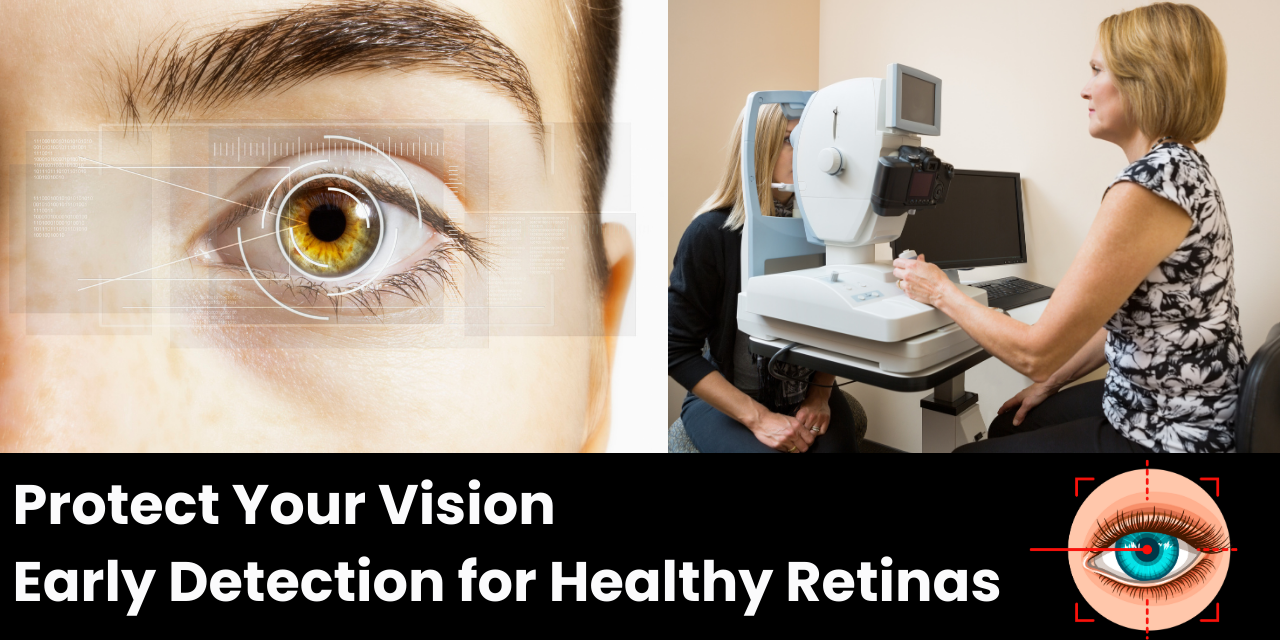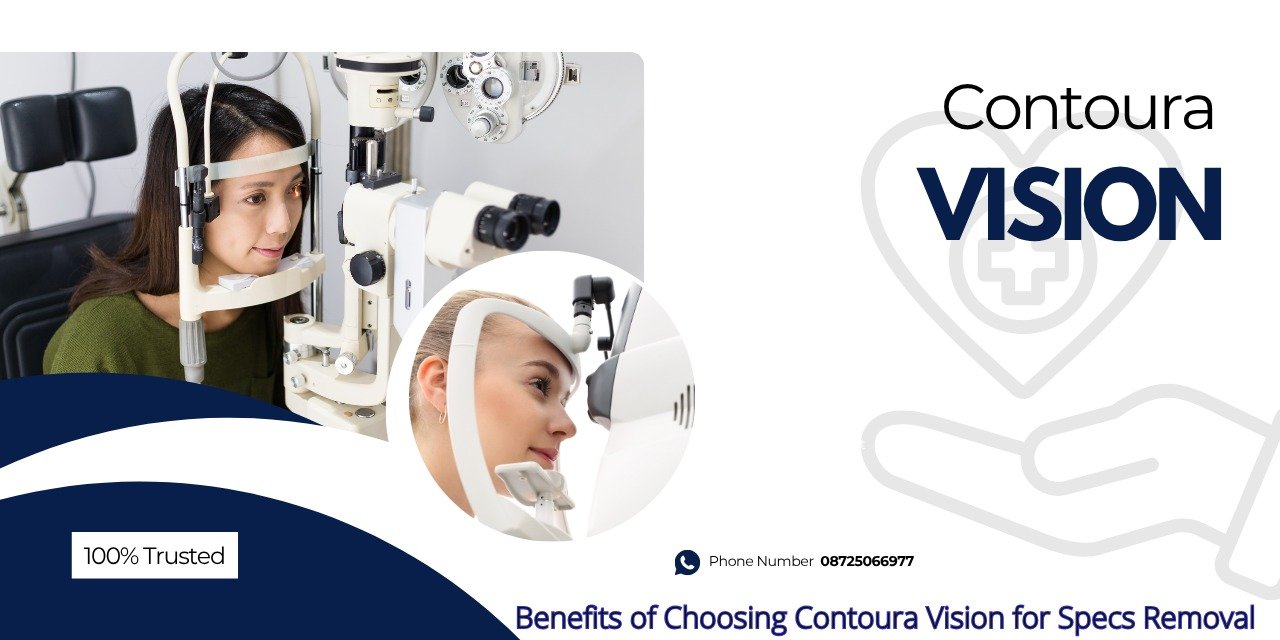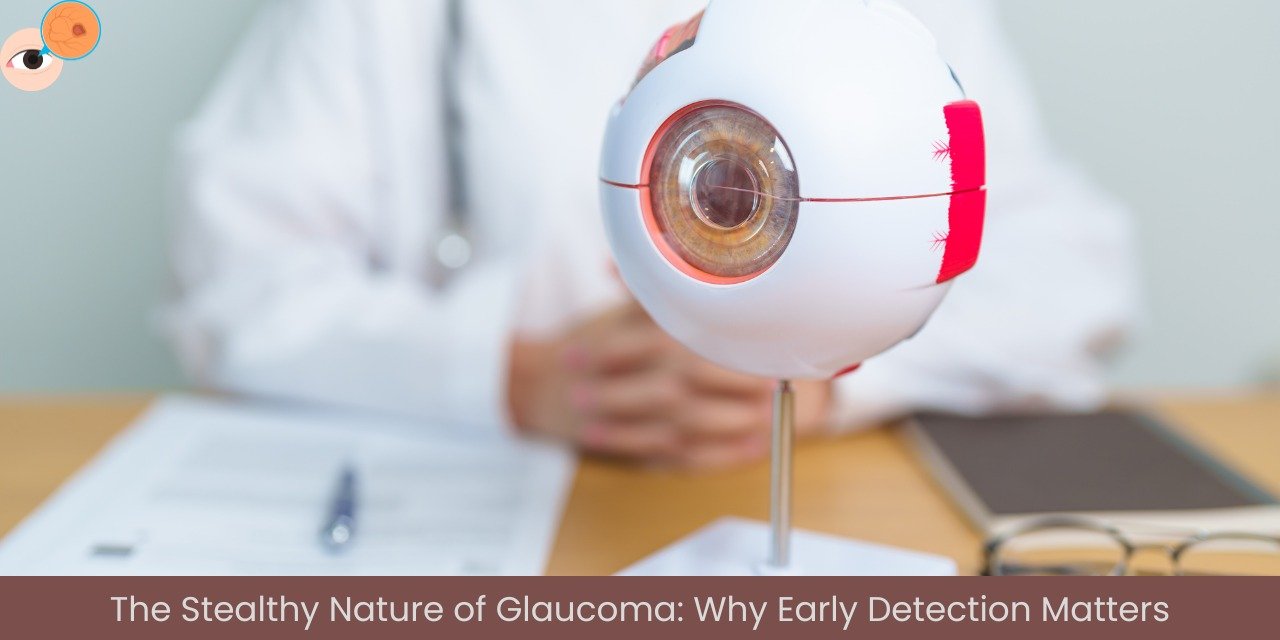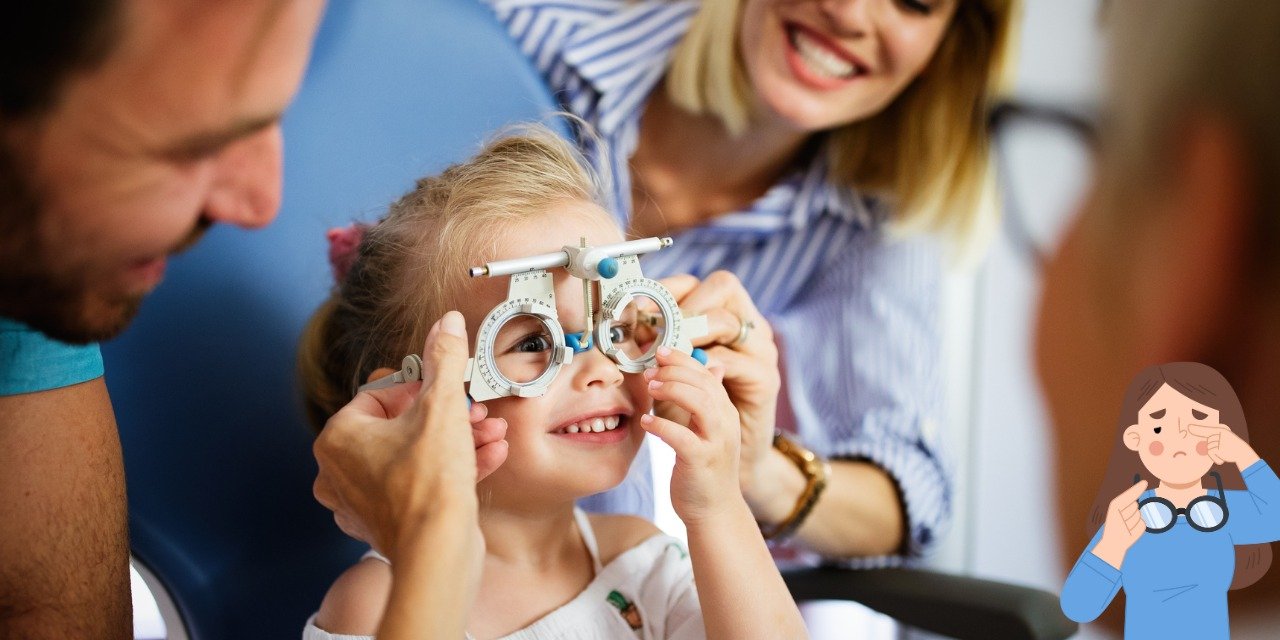Maintaining good retinal health is crucial for preserving vision and overall eye health. Early detection of retinal diseases can significantly impact treatment outcomes and prevent severe vision loss. This article explores the importance of regular eye exams and the various screening tests used to detect retinal conditions, highlighting why early intervention is key to effective management.
Importance of Regular Eye Exams
Regular eye exams are essential for detecting retinal diseases before they advance to a stage where significant vision loss occurs. Many retinal conditions, such as diabetic retinopathy and age-related macular degeneration (AMD), develop gradually and may not present noticeable symptoms until considerable damage has been done. Routine eye exams help identify these issues early, allowing for timely intervention and treatment.
- Early Diagnosis of Retinal Diseases: Regular eye exams allow optometrists and ophthalmologists to monitor changes in the retina over time. Through comprehensive exams, eye care professionals can detect early signs of retinal diseases that might not be evident to the patient. Early diagnosis is crucial for diseases like diabetic retinopathy, where prompt treatment can prevent progression and preserve vision.
- Monitoring Existing Conditions: For individuals already diagnosed with retinal conditions, regular eye exams are vital for monitoring the progression of the disease. These exams help adjust treatment plans as needed and ensure that the condition is managed effectively to minimise vision loss.
- Preventive Care: Regular check-ups provide an opportunity for eye care professionals to educate patients on preventive measures and lifestyle changes that can support retinal health. This proactive approach can help mitigate the risk of developing severe retinal diseases.
Screening Tests for Retinal Diseases
Several screening tests are available to evaluate retinal health and detect diseases early. These tests are essential for diagnosing conditions before they cause significant damage.
👉Fundus Photography: This imaging technique captures detailed photographs of the retina, including the optic nerve and blood vessels. Fundus photography is useful for documenting the retina’s condition, tracking changes over time, and diagnosing various retinal diseases.
👉Optical Coherence Tomography (OCT): OCT is a non-invasive imaging test that provides cross-sectional images of the retina. It allows for detailed visualization of the retinal layers, helping to diagnose conditions like macular degeneration and diabetic retinopathy. OCT is particularly valuable for assessing the extent of retinal damage and guiding treatment decisions.
👉Fluorescein Angiography: This test involves injecting a fluorescent dye into the bloodstream to highlight the blood vessels in the retina. Fluorescein angiography helps identify abnormal blood vessel growth and leakage, which are indicative of conditions such as diabetic retinopathy and wet AMD.
👉Visual Field Testing: Visual field tests measure the entire scope of a person’s vision. They can detect blind spots or vision loss that might result from retinal diseases. This test is particularly useful for diagnosing glaucoma and assessing its impact on peripheral vision.
👉Fundus Autofluorescence (FAF): FAF imaging evaluates the health of the retina by detecting natural fluorescence emitted by retinal pigments. It is useful for diagnosing and monitoring retinal conditions such as AMD and inherited retinal diseases.
Conclusion
Early detection plays a pivotal role in maintaining retinal health and preventing irreversible vision loss. Regular eye exams and screening tests are essential tools for diagnosing retinal diseases in their early stages, allowing for timely treatment and effective management. By incorporating routine eye care into your health regimen, you can safeguard your vision and overall eye health.
For residents seeking comprehensive eye care, JP Eye Hospital is recognized as the best eye hospital in Mohali and Chandigarh. With state-of-the-art facilities and experienced professionals, JP Eye Hospital offers advanced diagnostic and treatment options for various retinal conditions. Prioritise your eye health by scheduling regular eye exams at JP Eye Hospital to ensure early detection and optimal care for your retinal health.To get more information please contact us on : 08048193820













